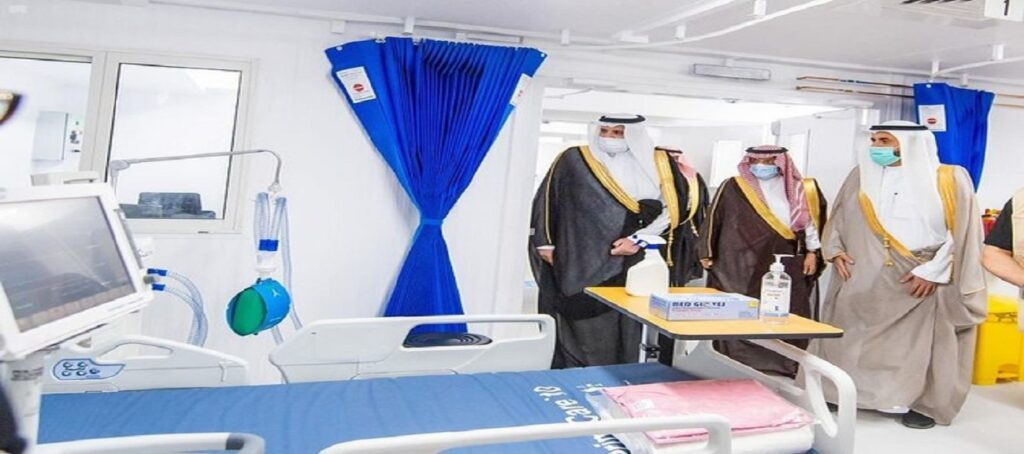

Saudi Arabia, a nation known for its rich history and culture, has undergone a significant transformation in its healthcare sector over the past few decades. With a rapidly growing population and a commitment to providing quality healthcare services to its citizens and residents, Saudi Arabia has invested heavily in developing a robust network of hospitals and medical facilities. In this article, we will delve into the healthcare system in Saudi Arabia, focusing on its hospitals, infrastructure, services, and recent advancements.
Healthcare System in Saudi Arabia
Saudi Arabia’s healthcare system has evolved from a predominantly government-funded and government-operated system to one that incorporates both public and private sector participation. The Ministry of Health (MOH) is the primary government agency responsible for regulating and overseeing healthcare services in the country. In addition to the MOH, there are other government agencies and organizations that play pivotal roles in healthcare, such as the Saudi Arabian National Guard Health Affairs and the Ministry of Defense.
Types of Hospitals
Public Hospitals:
- Public hospitals in Saudi Arabia are owned and operated by the government, primarily the MOH.
- These hospitals are distributed across the country, serving both urban and rural areas.
- They offer a wide range of medical services, from primary care to specialized treatments.
Private Hospitals:
- Private hospitals have seen significant growth in Saudi Arabia, catering to the growing demand for healthcare services.
- These hospitals are known for their state-of-the-art facilities, highly skilled medical staff, and advanced medical equipment.
- They provide services that are often at par with international standards.
Specialized Hospitals:
- Saudi Arabia boasts specialized hospitals dedicated to specific medical fields, such as King Faisal Specialist Hospital and Research Center, renowned for its cardiac and oncological care.
- These hospitals attract patients not only from Saudi Arabia but also from neighboring countries, contributing to medical tourism.
Infrastructure and Facilities
Saudi Arabian hospitals are well-equipped with modern infrastructure and technology. Some common features include:
Advanced Medical Equipment:
- Hospitals are equipped with the latest medical devices and equipment, including MRI machines, CT scanners, and robotic surgical systems.
Electronic Health Records (EHRs):
- Many hospitals have adopted EHR systems to improve patient care, streamline processes, and enhance data management.
International Accreditation:
- Several hospitals have obtained international accreditation, such as Joint Commission International (JCI) accreditation, signifying adherence to global healthcare standards.
Services Offered
Hospitals in Saudi Arabia provide a comprehensive range of healthcare services, including:
Primary Healthcare:
- General consultations, vaccinations, and preventive care.
Specialized Care:
- Specialized departments for cardiology, orthopedics, neurology, and more.
Emergency Services:
- 24/7 emergency care and trauma services.
Maternal and Child Health:
- Maternity wards and pediatric departments for maternal and child care.
Research and Education:
- Many hospitals are associated with medical colleges and engage in medical research and training.
Recent Advancements
Saudi Arabia continues to invest in healthcare to enhance its quality and accessibility:
Vision 2030:
- The Saudi Vision 2030 initiative aims to transform the healthcare sector by increasing private sector participation, encouraging medical tourism, and promoting health awareness.
Telemedicine:
- Telemedicine services have expanded, providing remote consultations and healthcare access to remote areas.
Pharmaceutical Industry:
- The country is focusing on developing its pharmaceutical industry to reduce dependency on imports.
Conclusion
Saudi Arabia’s healthcare system has made significant strides in providing quality healthcare services to its population. With a combination of public and private hospitals, advanced infrastructure, and a commitment to continuous improvement, Saudi Arabia is well-positioned to meet the evolving healthcare needs of its people and contribute to the advancement of medical science in the region.
